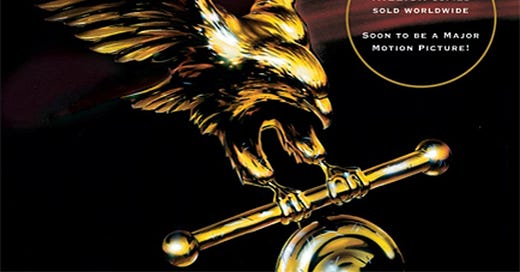If you are looking for the beginning of the study for The Eagle of the Ninth then you can go HERE for a brief introduction. At the bottom of the introduction you will find the links to each section of the study guide as it becomes available. If you would like to see the growing list of book studies available for free on this site you can go HERE. Enjoy!
Virtues/Vices/Great Ideas: (Find them in the Text)
Appearance vs. Reality
Grammar Questions: (The Information of the Text)
What difficulties does Marcus face concerning the experienced men under his charge?
What was the rumor weighing heavily on Marcus’ mind?
What evidence is there of Roman influence upon the village of Isca Dumnoniorum?
What struck Marcus about the countenance of the woman (Guinhumara) with the baby?
What was Marcus surprised to learn about Cradoc?
What wager did Marcus make with Cradoc and what prizes were part of the wager?
What did Cradoc keep back for himself when Marcus chose his prize?
What “uneasy feeling” did Marcus have by the end of the chapter?
Logic Questions: (Interpreting, Comparing/Contrasting, Reasoning)
What does it mean to have “a sense of continuance” like the story tells us Marcus felt in regard to the rosebush?
The story tells us “A bad harvest was always the time to look for trouble”. Why is this?
Why might there have been “a queer note of regret” in Cradoc’s voice when he admitted to Marcus that “few could handle them [the horses] better than the Commander”?
What is meant by the statement, “even a feather might show which way the wind blew”?
Rhetoric Questions: (The Analysis of Ideas in the Text)
The story tells us that when Marcus saw the chariot horses “desire woke in him.” Think of a time when you saw, heard, or experienced something and it created a longing in your heart to do something? What is it that creates desire in a person’s heart? Explain your answer and give an example if you’re able.
Theological Analysis: (Sola Scriptura)
The story comments that “here in Isca Dumnoniorum, Rome was a new slip grafted on to an old stock – and the graft had not yet taken.” Read John 15:1-11. How does Jesus use a similar analogy to discuss the relationship of Christian believers to himself? Rome was certainly not the same as Jesus but is there any point of comparison worth making here between the two cases?
Read Exodus 20:17 and relate it to the passage where Marcus desired to drive the chariot team of horses. Would you say Marcus coveted or not? Explain your answer.



